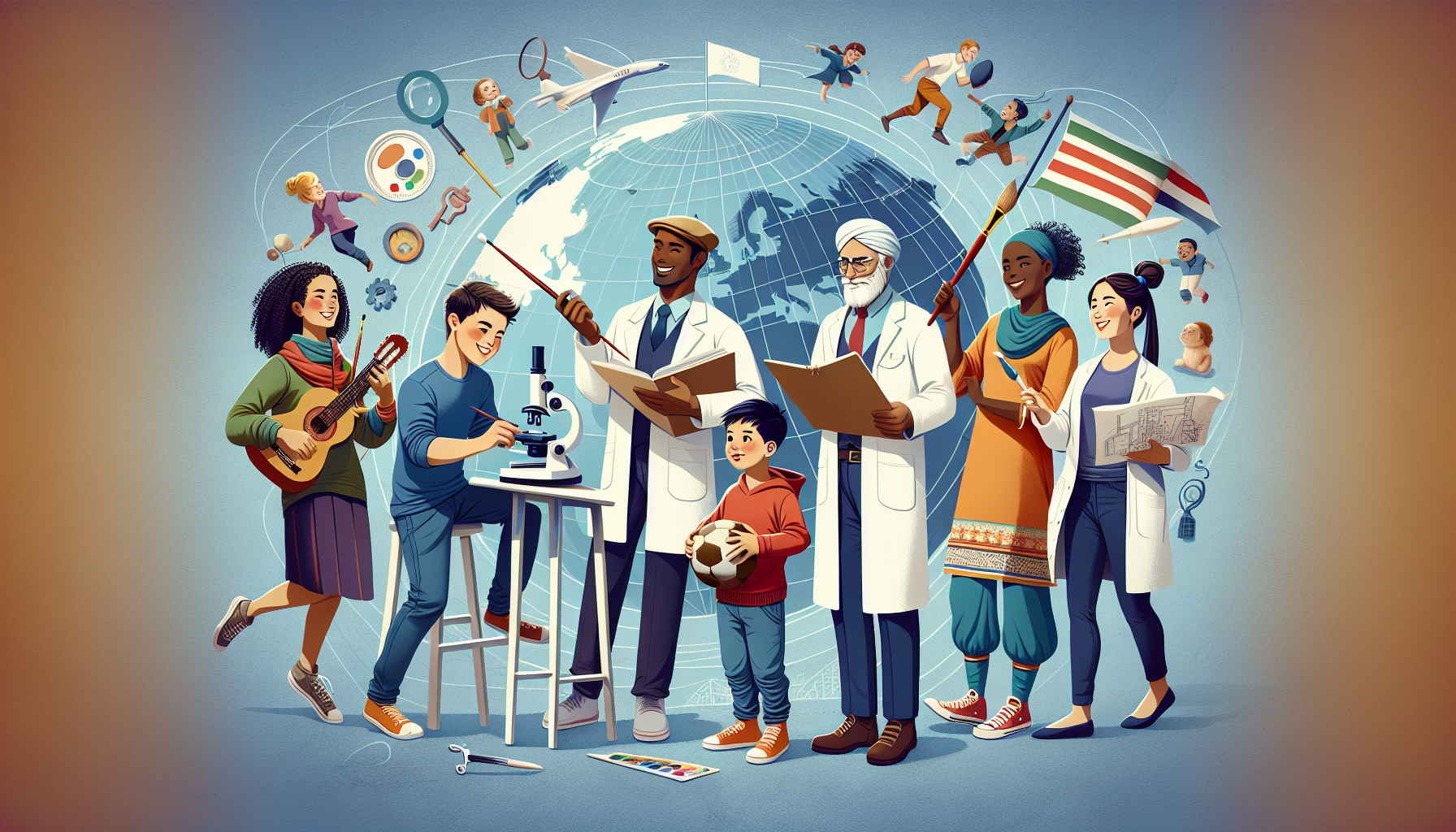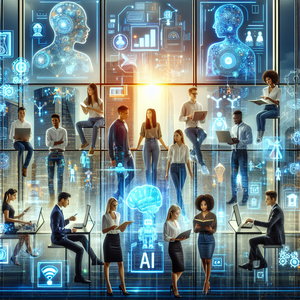The New Collaborators: AI Tools that Enhance Software Development

AI tools are revolutionizing software development by providing solutions that enhance coding, testing, and collaboration.
Code Generation and Assistance
One of the most significant advancements in AI for software development is the emergence of code generation tools. Platforms like GitHub Copilot and OpenAI's Codex utilize machine learning to understand context and generate code snippets based on natural language prompts. For instance, a developer can type a comment describing a function, and the AI tool will produce the corresponding code. This capability not only speeds up the coding process but also helps reduce the likelihood of errors, as the AI draws from a vast dataset of best practices and established patterns.
Automated Testing and Debugging
Testing is a crucial component of software development, yet it can be time-consuming and tedious. AI tools like Test.ai and Applitools leverage machine learning algorithms to automate testing processes, identifying issues and suggesting fixes more efficiently than traditional methods. These tools analyze code changes and user interactions, enabling developers to catch bugs early in the development cycle.
Enhanced Collaboration and Communication
AI tools are also making strides in enhancing collaboration among development teams. Platforms such as Slack and Microsoft Teams are integrating AI-driven features that help streamline communication, manage tasks, and even provide code review suggestions. AI chatbots can assist in answering common coding queries or directing team members to relevant documentation, thus reducing the time spent searching for information.
The Creative Potential of AI Collaboration
Beyond efficiency, AI tools are unlocking new avenues for creativity in software development. As routine tasks are automated, developers have more time to experiment with innovative solutions, explore new technologies, and focus on user-centric design.
Design and User Experience
AI-driven design tools like Figma and Adobe's Sensei integrate smart features that assist designers in creating visually appealing and functional user interfaces. These tools can suggest layouts, color palettes, and even typography based on user preferences and current design trends.
As the software development landscape continues to evolve, AI tools are proving to be invaluable collaborators that enhance the capabilities of human engineers. By automating routine tasks, improving testing processes, and fostering collaboration, these tools empower developers to focus on what they do best: creating innovative and user-centric software solutions.
AI-Powered Software Engineer
Google, Amazon, Microsoft
Core Responsibilities
Develop and implement AI algorithms to enhance software applications.
Optimize existing codebases using AI-driven tools for efficiency and performance.
Collaborate with data scientists to integrate machine learning models into applications.
Required Skills
Proficiency in programming languages such as Python, Java, or C++.
Strong understanding of machine learning frameworks (e.g., TensorFlow, PyTorch).
Experience with AI tools for code generation and optimization.
Software Quality Assurance Engineer (AI Testing)
IBM, Oracle, various tech startups
Core Responsibilities
Design and execute automated tests using AI-driven testing frameworks.
Identify software defects and collaborate with development teams to resolve issues.
Analyze test results to improve product quality and reliability.
Required Skills
Familiarity with automated testing tools (e.g., Test.ai, Selenium).
Experience in writing test scripts and understanding of software development lifecycle (SDLC).
Knowledge of AI and machine learning concepts to enhance testing strategies.
DevOps Engineer with AI Integration
Netflix, Facebook, various cloud service providers
Core Responsibilities
Automate deployment and monitoring processes using AI tools.
Collaborate with software development and IT operations teams to improve system reliability.
Implement AI-driven analytics to optimize infrastructure performance.
Required Skills
Proficiency in CI/CD tools (e.g., Jenkins, GitLab CI) and cloud services (e.g., AWS, Azure).
Strong scripting skills in languages like Bash or Python.
Understanding of AI operations (AIOps) and its application in DevOps practices.
User Experience (UX) Designer with AI Focus
Apple, Adobe, various e-commerce platforms
Core Responsibilities
Utilize AI tools to conduct user research and analyze user behavior.
Design intuitive interfaces that enhance user interactions with software applications.
Collaborate with developers to integrate AI-driven design features into products.
Required Skills
Proficiency in design software (e.g., Figma, Adobe XD) and knowledge of AI design tools (e.g., Adobe Sensei).
Strong understanding of UX principles and user-centered design methodologies.
Ability to interpret data from AI analytics to inform design decisions.
AI Product Manager
Salesforce, NVIDIA, various tech startups
Core Responsibilities
Oversee the development of AI-driven products from conception to launch.
Conduct market research and gather feedback to inform product strategy.
Collaborate with cross-functional teams, including developers and data scientists, to ensure alignment with user needs.
Required Skills
Strong understanding of AI technologies and their applications in software development.
Experience in product management methodologies, such as Agile or Scrum.
Excellent communication and project management skills to coordinate between teams.


